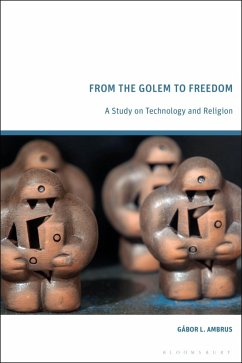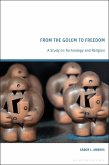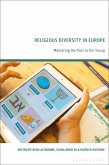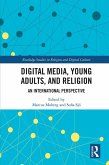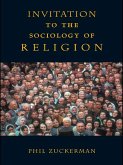With a particular focus on social media, Gábor L. Ambrus explores how human beings relate to contemporary information technology. Ambrus argues that religious traditions - such as Judaism and Christianity, as well as secular philosophical thought inspired by religion - can be invoked to describe both the freedom and 'unfreedom' of the user of information technology.
To illustrate how individuals relate to technology in a restricted and totalitarian online environment, Ambrus adopts the figure and legend of the golem from Jewish mysticism. At the same time, his argument features other religious concepts and themes to describe an alternative to our present predicament of 'unfreedom', while not seeking to portray any 'redemption' outside the technological environment.
At the core of his argument, Ambrus presents the experience of nothingness as a source of freedom, opening up the possibility for a free relationship for us all with information technology.
To illustrate how individuals relate to technology in a restricted and totalitarian online environment, Ambrus adopts the figure and legend of the golem from Jewish mysticism. At the same time, his argument features other religious concepts and themes to describe an alternative to our present predicament of 'unfreedom', while not seeking to portray any 'redemption' outside the technological environment.
At the core of his argument, Ambrus presents the experience of nothingness as a source of freedom, opening up the possibility for a free relationship for us all with information technology.

